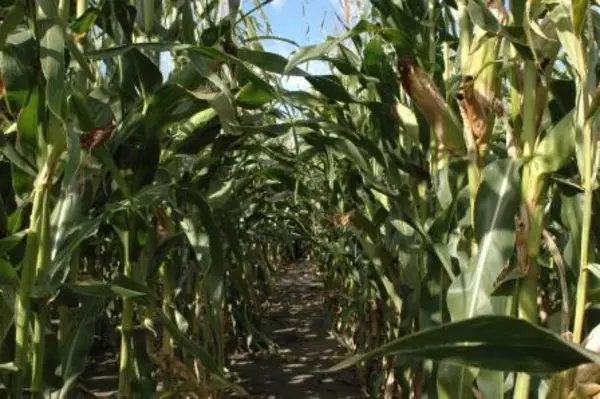A study published in Nature by a team of researchers from the University of Minnesota and McGill University in Montreal suggests food security and a healthy environment are both possible
Global demand for food is expected to double by 2050 due to population growth and increased standards of living. To meet this demand, it is a common perception that there will be greater environmental burden on agriculture. The paper, based on analysis of agricultural data gathered from around the world, offers hope that with more strategic use of fertilizer and water, we could not only dramatically boost global crop yield, but also reduce the adverse environmental impact of agriculture.
"We have often seen these two goals as a trade-off: We could either have more food, or a cleaner environment, not both," said lead author Nathaniel Mueller, a researcher with the University of Minnesota's Institute on the Environment and a doctoral student in the College of Food, Agricultural and Natural Resource Sciences. "This study shows that doesn't have to be the case."
Mueller and colleagues used management and yield data for 17 major crops to take a look at how much water and nutrients it would take to bring underperforming farmlands to meet their food production potential. They also looked for places where fertilizer use could be cut down without substantially reducing crop yield. They found:
Production can be boosted 45 to 70 per cent for most crops. The greatest opportunities for yield improvement are found in Eastern Europe, sub-Saharan Africa, East Asia, and South Asia.




